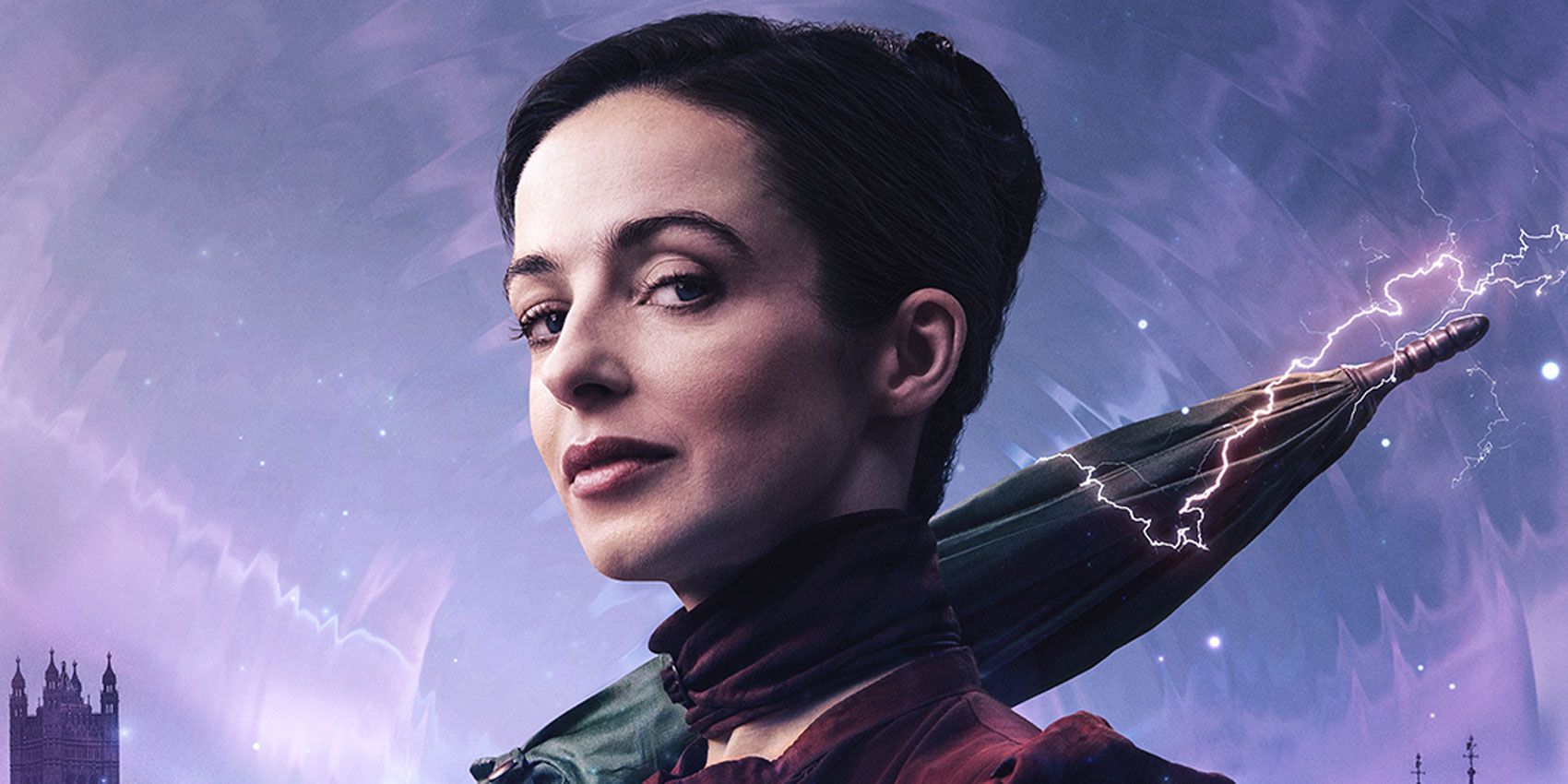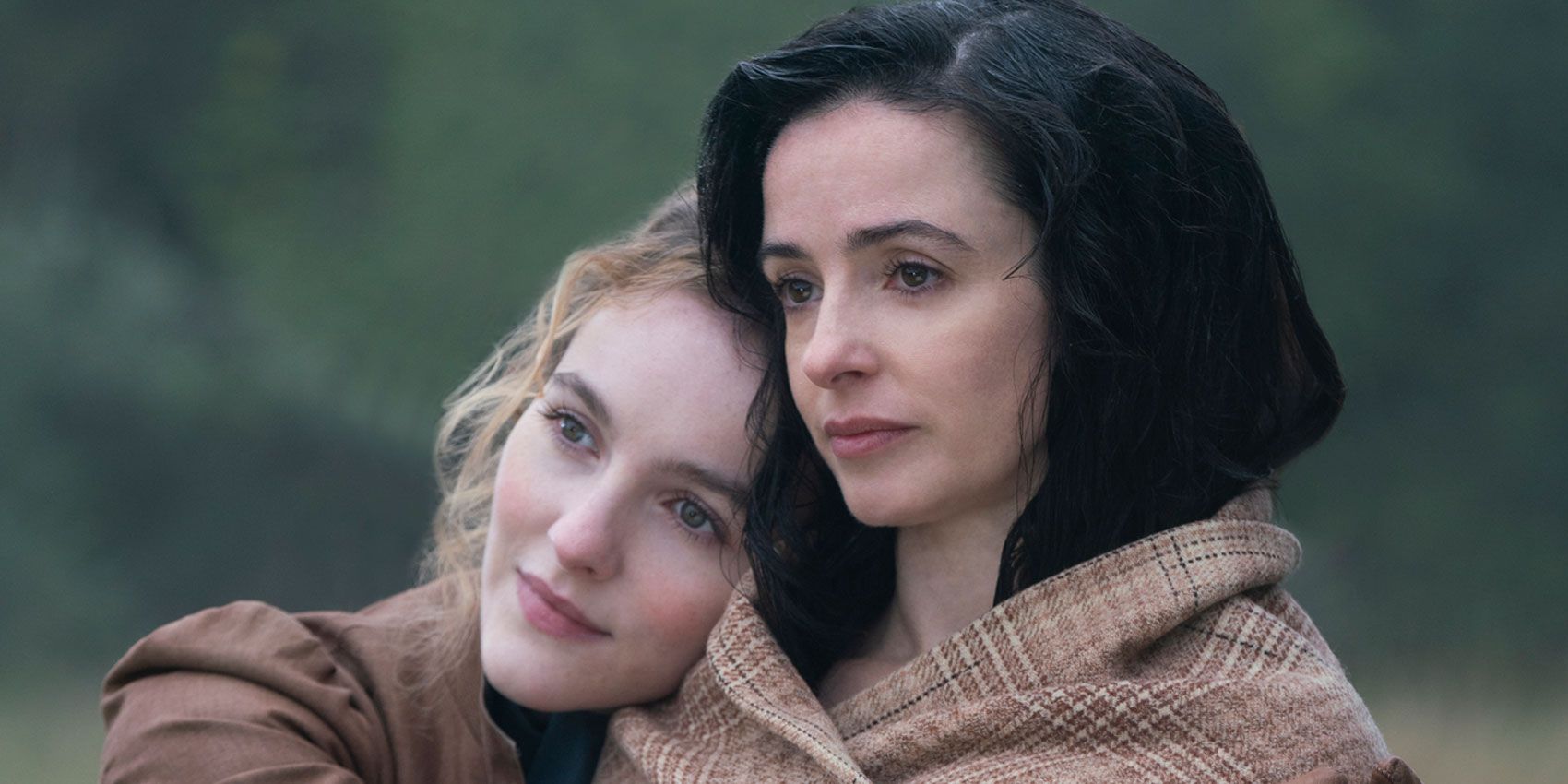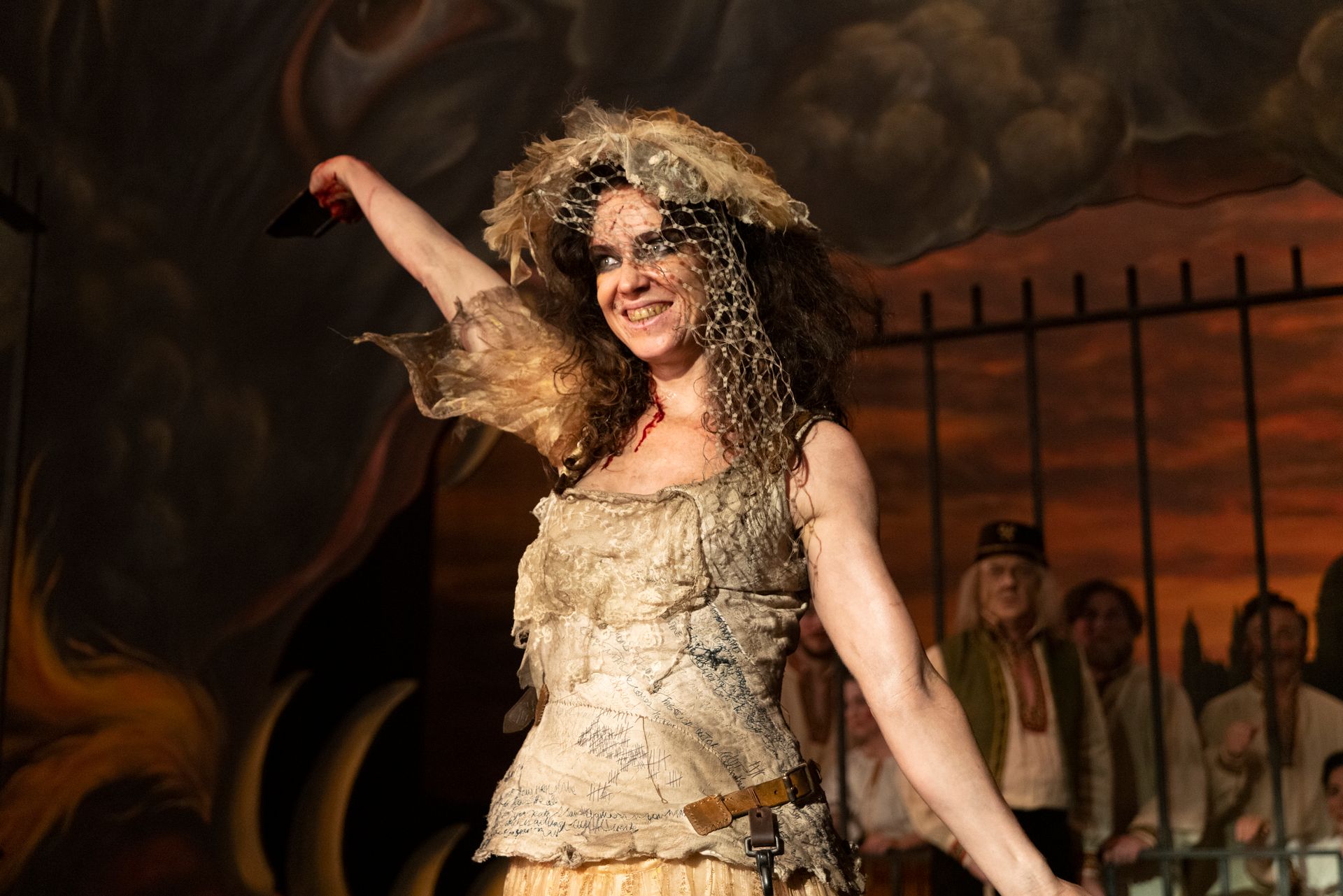When first announced by HBO in 2018, The Nevers sounded fresh yet familiar enough to excite any Joss Whedon fan back then. After all, fresh yet familiar is often exactly what people look for in a new TV show: the thrill of unexpected surprises and novel turns, but couched in something we understand. It's why risk-taking is something that often happens only in half-measures: a crime procedural with an unconventional lead, or a wild fantasy tale that might have dragons, but is really a story about family and betrayal. Even when a creator has earned enough clout via previous successes to really tell whatever story they want to tell, their triumphs usually seem built with this in mind.
Whedon has always been very clever about this sort of thing: Buffy the Vampire Slayer of course began as a riff on decades of horror movie cliches, while Firefly reset classic Western tropes in space. And so, along those lines, the reductive way of explaining The Nevers is X-Men through the prism of period drama.
The series begins in 1896, specifically the morning that an otherworldly something drifts over the city of London, inspiring momentary awe and confusion in those below. Three years later, many of those people, having been touched by particles which emanated from the ship/creature/mystery box, now have special abilities that range wildly from the obvious (gigantism) to the far more subtle (the ability to see electricity in the air). Some are true gifts, like the ability to heal. Some are obstacles, like the ability to speak every language at once — except English.
One commonality amongst those now known as "the Touched" is that they're predominantly women, along with some men of color. Many of them, especially the younger, live together in an orphanage run by widow Amalia True (Laura Donnelly), whose official "turn" is the fact that she gets glimpses of the future, though she's also a badass with serious fighting skills. Along with best friend/brilliant inventor Penance (Ann Skelly), she's trying to keep her charges safe in a city where the government doesn't know what to make of the Touched, a Touched agent of chaos known as Maladie (Amy Manson) is running around murdering people, and ruthless forces lurk in the shadows, determined to understand what caused the Touched to exist.
It's a technically original premise, though of course drenched in what's come before in genre storytelling. I mentioned the X-Men previously for a number of reasons — for one, Whedon's history with that particular branch of the Marvel family tree goes back well before the dawn of the MCU, including both his critically acclaimed run as the writer of Astonishing X-Men as well as his uncredited dialogue punch-ups on the first Bryan Singer film.
But also, the X-Men were the first superpowered characters to really center the idea that sometimes extraordinary abilities can be a burden as well as a gift, both on a societal and individual level — something which is central to this show's premise, and provides it with a promising (though, yet again, familiar) dramatic engine.
Overall, when it comes to the four episodes screened for critics, it's an extremely compelling start to a show that, on the pure basis of its execution, could engage the cultural imagination on the level of other HBO successes like Watchmen. But now let's acknowledge the thing that must be acknowledged. Joss Whedon is still officially the creator of The Nevers, but as of last November (specifically, the day before Thanksgiving), he is no longer the showrunner, with new showrunner Philippa Goslett having taken the wheel for the second half of the first season.
Plenty of series have changed showrunners at key points in production and gone onto long runs, and it won't be possible to understand what Goslett taking on leadership of The Nevers really means until we see the entire season. (Only the first six episodes, which will begin airing on April 11, have been completed so far; the second half of Season 1 will air at a later date.)
However, what I can say right now, as someone with decades of familiarity with Whedon's work, is that both the triumphs as well as the flaws of The Nevers are very much in line with his pre-established strengths and weaknesses. The action is full of inventive touches, the dialogue confident in its wit, and the largely unknown cast is packed with powerhouses and charmers. But the reliance on old Whedon go-tos, like yet another sexually charged and mentally unhinged antagonist, is disappointing to witness. Plus, like so many other Whedon projects, there's the nod of good intentions towards trying to include people of color in the story, but the few non-white characters here are so far very much on the sidelines — which is especially disappointing when you consider the completely blank canvas Whedon had to work with here.
(Also, it might just be me, but this is the first thing Whedon has directed that wasn't rated PG-13 or less, and I couldn't help but sense an adolescent glee at being able to show butts and bewbs on screen. I mean, I get it. Butts and bewbs are cool, and HBO has a long track record of providing a loving home for them. But the superfluous nudity stuck out a bit here — no pun intended.)
Whedon's official statement, when leaving the show, largely boils down to the quote "I realize that the level of commitment required moving forward, combined with the physical challenges of making such a huge show during a global pandemic, is more than I can handle without the work beginning to suffer," but the conversation about Whedon's past professional and personal behavior has been happening for months now. And at this point, it's impossible to separate Whedon from this show, for better and for worse.
That said, if nothing else The Nevers gives us one gift: Donnelly was always a stand-out in her supporting turns on Outlander and The Fall, but it's staggering, the star power that emerges here. There's nothing easy about the demands of this role: Amalia True has to be physically adept, nimble with words, and able to communicate her character's mysterious yet deeply painful past with a single quiet look. But like an Olympic medal-winner, Donnelly does make it look easy. There's real temptation to watch every scene she's in twice — a second time just to pick up on every tiny movement of her face.
Donnelly's face is only one of the rich details to be appreciated in The Nevers, even while its creation feels so closely tied to its creator. The production design of both the traditional period drama aspects and the more out-of-this-world elements is top-notch, and the plot moves along fast, to the point where I'm genuinely excited to see what more can be packed into the next two episodes I have yet to see. Because The Nevers truly is fresh yet familiar fun — and it's hard not to crave that.
The Nevers premieres Sunday, April 11 on HBO.



